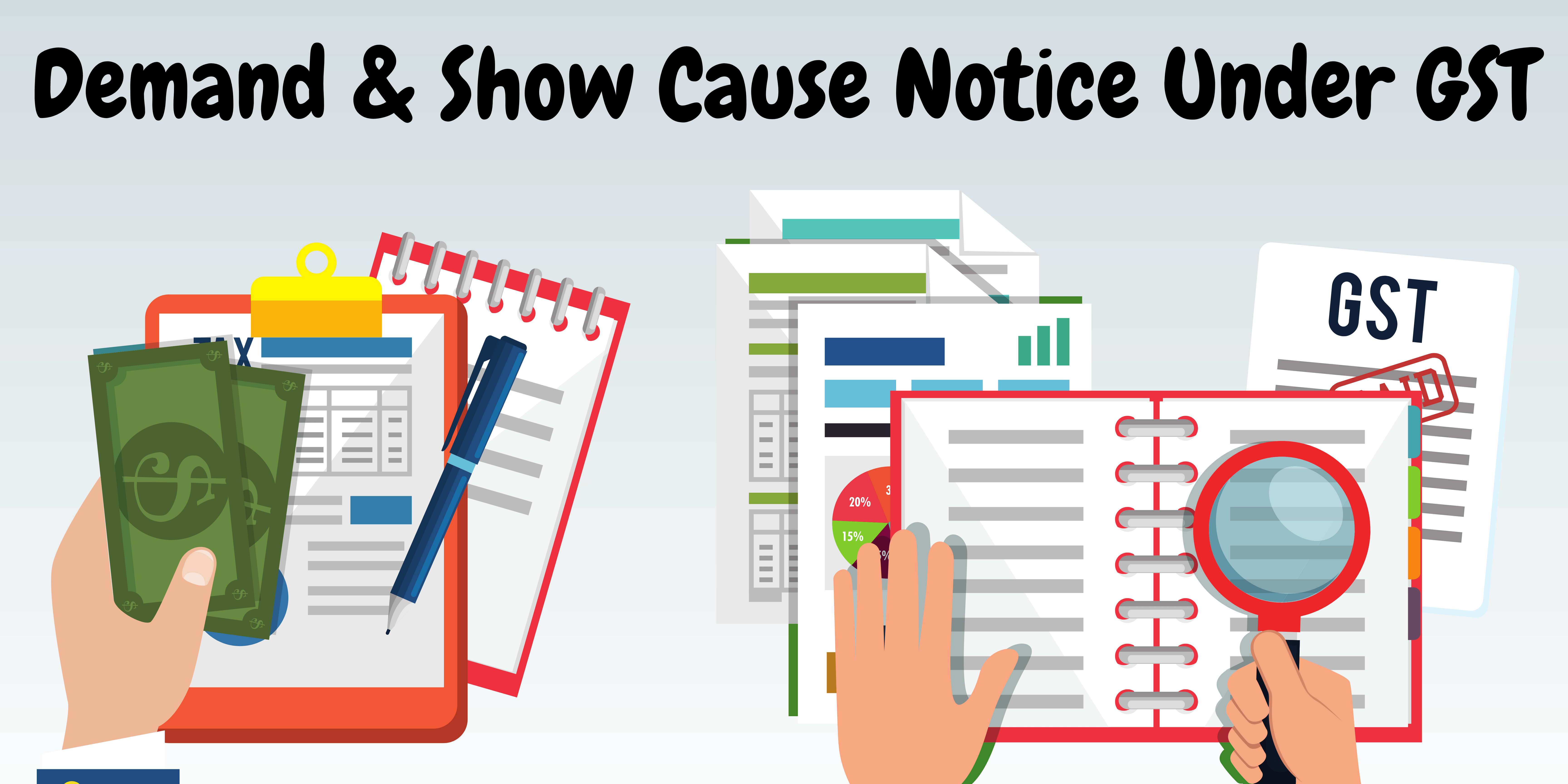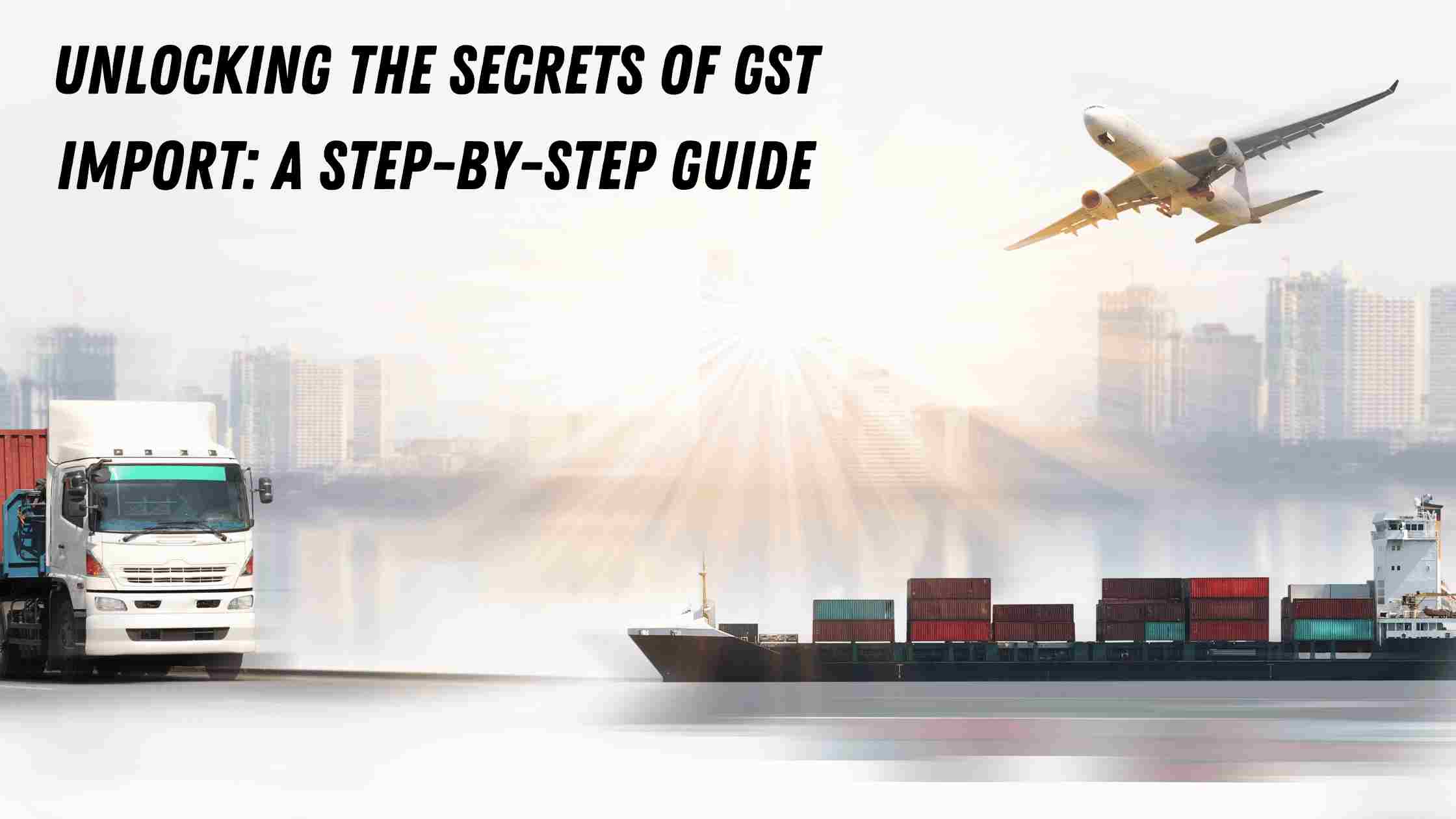In GST law, department has right to demand tax liability from the taxpayer incase of short payment of tax, wrongly refunded, wrongly availed ITC or nonpayment of self-assessed tax. In above cases department will raise a show cause notice under GST.
Issue of Notice under Section 73 or 74:
The liability of taxpayer will be determined under section 73 or 74 in case of short payment of tax.
Wrongly refunded, wrongly availed ITC. The stated cases can be due to mistake of taxpayer or due to fraud intention.
Time limitation for issue of notice
In normal cases (other than fraud): Time limit for issuing the “Demand order” is 3 years from the date of annual return filing of respective year. Further the “Show cause Notice” should be issued at least 3 months before the demand order.
In case of fraud: Time limit for issuing the “Demand order” is 5 years from the date of annual return filing of respective year. Further the “Show cause Notice” should be issued at least 6 months before the demand order.
Time period of stay order will be excluded while computing the time limitation in both the cases.
What is show cause notice (SCN) under GST?
Right to be heard is a fundamental right. The GST department comply with that by issuing a notice “generally known as SCN” asking the taxpayer, why the mentioned amount of tax should not be demanded from him. The proper officer before issuing SCN also can communicate the amount of tax, interest and penalty.
Content of SCN:
- The notice will contain the amount of tax, interest at 18% p.a. and penalty amount.
- The notice must contain the ground on which basis notice is issued.
Different remedies available to the taxpayer:’
1. Taxpayer pays the tax before the issuance of SCN:
In Normal Case:
The law given an opportunity to the taxpayer for paying tax along with interest @ 18% before issuance of notice based on his computation or as communicated by officer.
If a taxpayer pays the said amount, then no show cause notice will be issued against him and further, no other actions will be taken and penalty will not be charged.
The taxpayer needs to submit an application to GST officer stating that he has paid the said amount. Further if officer is in opinion that payment made is short, he can issue SCN for balance amount.
In fraud cases:
The law given an opportunity to the taxpayer for paying tax, interest @ 18% along with penalty @ 15 of tax before issuance of notice based on his computation or as communicated by officer.
If a taxpayer pays the said amount, then no show cause notice will be issued against him and further, no other actions will be taken and penalty will not be charged.
The taxpayer needs to submit an application to GST officer stating that he has paid the said amount. Further if officer is in opinion that payment made is short, he can issue SCN for balance amount.
2. Payment after issue of Show notice under GST:
In Normal case:
The taxpayer can pay the tax amount demanded along with interest @ 18%, Without any penalty within the 30 days from SCN issue.
In Fraud case:
The taxpayer can pay the tax amount demanded along with interest @ 18%, With penalty amounting to 25% of tax payable within the 30 days from SCN issue.
3. Payment within 30 days from issue of demand notice under GST:
In Normal case:
The taxpayer can pay the tax amount demanded along with interest @ 18%, With penalty amounting to 10% of tax or Rs. 10,000, whichever is higher.
In Fraud case:
The taxpayer can pay the tax amount demanded along with interest @ 18%, With penalty amounting to 50% of tax payable.
4. Payment after 30 days from issue of demand notice under GST:
In Normal case:
The taxpayer can pay the tax amount demanded along with interest @ 18%, With penalty amounting to 10% of tax or Rs. 10,000, whichever is higher.
In Fraud case:
The taxpayer can pay the tax amount demanded along with interest @ 18%, With penalty amounting to 100% of tax payable.
Disclaimer:
The information provided in this content is for general informational purposes only. You should always seek the advice of expert before making any decisions based on the information provided. We do not warrant or guarantee the accuracy, completeness, or usefulness of the information provided. Any reliance you place on such information is strictly at your own risk. We shall not be liable for any damages, losses, or expenses arising out of or in connection with the use of this content.








